Schools have become a concerning political faultline for many Jewish parents following the Hamas invasion of Israel on October 7
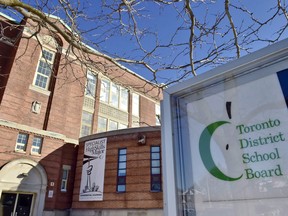
Article content
Amid record-breaking levels of antisemitism across the Toronto District School Board, activists are demanding the definition of “anti-Palestinian racism” be included in the district’s anti-racism strategy because they fear it might hamper students’ ability to speak about Israel and Palestine.
At a board meeting on June 5, the TDSB released the strategy Combating Hate and Racism: Student Learning Strategy Update 2024, prominently featuring the term “anti-Palestinian racism.”
Advertisement 2
Article content
A vote to adopt it was scheduled for June 11, but concerned parent Aaron Kucharczuk said the TDSB has postponed the motion because it coincides with the Jewish holiday of Shavuot. Dozens of delegates critical of the new policy have requested to speak before the board to share their concerns about it.
“Antisemitism has been a huge problem at the TDSB. Their own data says that last fall incidents of antisemitism tripled,” Kucharczuk, a father of three, told the National Post.
Kucharczuk said the major flaw in the initiative is the absence of any clear definition of what constitutes anti-Palestinian racism.
“The only definition of anti-Palestinian racism that I’ve seen, and it’s one that is frequently cited amongst advocates,” he told the Post, “says denying the Nakba or trying to silence or exclude Palestinian narratives, is a form of anti-Palestinian racism.”
The Nakba is a Palestinian day of mourning coinciding with the creation of Israel in 1948.
Kucharczuk said the highly politicized and contested nature of the conflict will paint students and administrators into untenable positions.
Advertisement 3
Article content
“Adopting this definition of anti-Palestinian racism also means you’re going to have to adopt Nakba Day because any resistance to the idea that it should be taught in schools is racist; is a form of anti-Palestinian racism. So they are linked in that way.”
A spokesman said the board does not have a specific definition of anti-Palestinian racism, relying instead on the principles and legislation of the Human Rights Code to identify and address discriminatory acts targeting all protected groups.
When asked why enshrining a concept such as anti-Palestinian racism at a time when TDSB schools are experiencing skyrocketing antisemitism is a priority, Ryan Bird said the board was meeting a need.
“We have heard from students and the community that there is no recognition in our resources on the lived experiences and identities of Palestinian students and staff,” Bird said.
He said the board is considering a similar push to include anti-Israel racism within the update but has not yet made a decision on it.
Recommended from Editorial
Article content
Advertisement 4
Article content
Kucharczuk said initiatives like the TDSB’s anti-racism policy update and neighbouring Peel District School Board’s decision to commemorate the Nakba as a date of significance on calendars were discouraging.
Kucharczuk lives near Faywood Arts-Based Curriculum School, a TDSB school that saw nearly 200 adults escort a Jewish child to class in May after he was subjected to harassment without intervention from administrators. The student’s mother told the Canadian Jewish News that her child was physically intimidated and told they would “do to him what Hamas did to Israel” and “We need to kill you all, and you need to bow down to us.”
Advertisement 5
Article content
Schools have become a political faultline for many Jewish parents following the Hamas invasion of Israel on October 7. A coordinated string of anti-Israel walkouts in late October saw teachers look on as students chanted, “From the river to the sea, Palestine will be free.” Other high-profile incidents include a Grade 9 student giving a Nazi salute and a female high school student being threatened because of the ongoing conflict. In February, a TDSB bathroom was graffitied with a swastika, “Hitler was right,” and “#KillTheJews.”
“If anything, there’s lots of data to support lots of anti-Israeli sentiment in schools, and not really data to support anti-Palestinian sentiment in schools,” Kucharczuk said.
Surging levels of antisemitism led more than 2,000 concerned parents in November to sign an open letter demanding TDSB “be held accountable for ensuring the safety and well-being of all students in their care.”
Kucharczuk shared with the Post an upcoming presentation he plans to make before the board, which highlights the politicization of TDSB classrooms, such as handouts advocating for the sanctioning of Israel and teachers decorating classrooms with Palestine scarves.
Advertisement 6
Article content
According to his calculations, antisemitic incidents comprise 15 per cent of total incidents within the TDSB despite Jewish students making up just 3.5 per cent.
His presentation also points to books in TDSB libraries that feature graphics that have removed Israel from maps.
Andria Spindel, the executive director of the Canadian Antisemitism Education Foundation (CAEF), agreed that the TDSB’s priorities at this time should be on Jewish student safety.
“Jewish children have been clearly targeted in TDSB schools and the national hate crime data makes it very clear that Jews are the most religiously targeted group in Canada,” Spindel wrote in a statement about the proposed change. “CAEF strongly urges you to send this report back to staff with an eye to addressing issues of antisemitism and anti-Israeli racism in our schools. Do not ignore the issues at hand; do not adopt an anti-Jew bias, do not fail to consider how this bias played out just 76 years ago in Europe.”
Kucharczuk said he knows several families who have pulled their children from TDSB schools in recent months because “they don’t think it’s safe for their Jewish kids there.” He was sympathetic to their concerns but, personally, didn’t have many options. He said alternatives like private Jewish day schools were not in the budget.
Advertisement 7
Article content
“It makes me feel like the TDSB has no interest in keeping my kids safe.”
Bird said the safety of students and staff is a priority for the TDSB.
“Students are asked to share any concerns about their safety with a teacher, principal, or trusted adult within their school so that we can not only support them, but also investigate what occurred and take any necessary actions,” he said.
Kucharczuk said the TDSB apparently introduced the motion citing growing interest “from the community voices,” but the delegation advocating for its passage was largely comprised of members of Independent Jewish Voices (IJV), including David Mivasair, a movement leader who denies Hamas sexually assaulted Israeli women during its invasion of Israel.
Advertisement 8
Article content
“Stop partnering with B’nai Brith, and the (Simon) Wiesenthal Center, and CIJA (Centre for Israel-Jewish Affairs) and UJA. They say they represent all Canadian Jews: they do not. They certainly don’t represent me,” IJV leader Elizabeth Block demanded at the June 5 school board meeting.
Days after Block’s appeal to the board, over 50,000 people joined Jewish organizations across the community in a march for Israel that broke historic attendance records.
Our website is the place for the latest breaking news, exclusive scoops, longreads and provocative commentary. Please bookmark nationalpost.com and sign up for our newsletters here.
Article content
#TDSB #seeks #enshrine #antiPalestinian #racism #concept



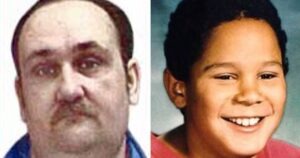
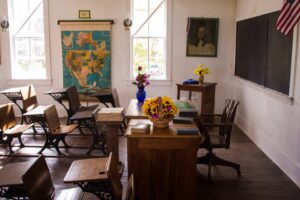


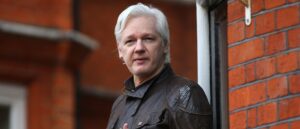

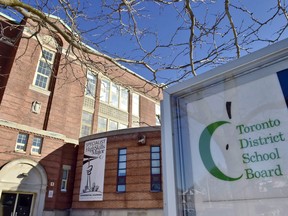








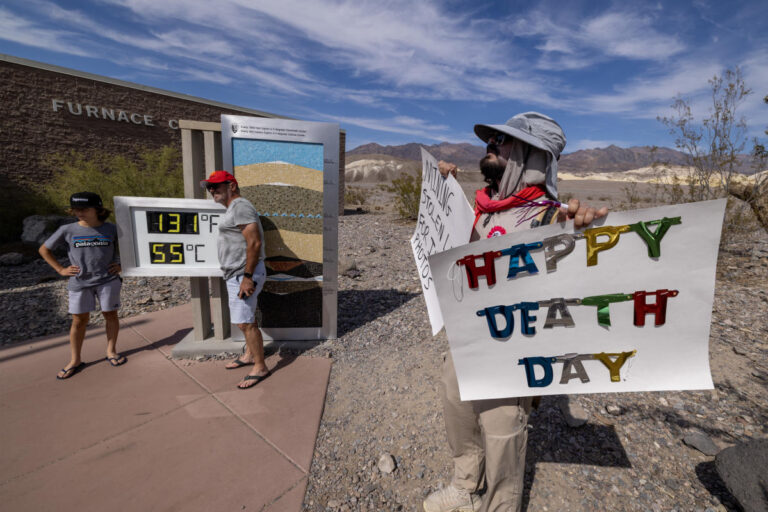
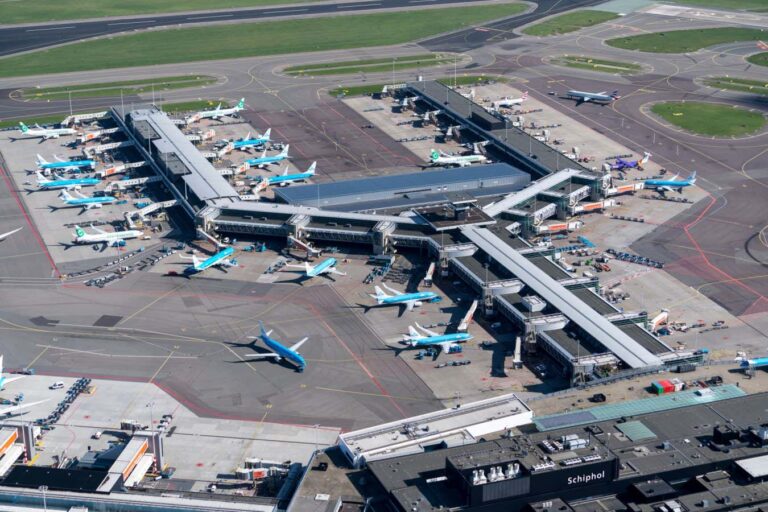




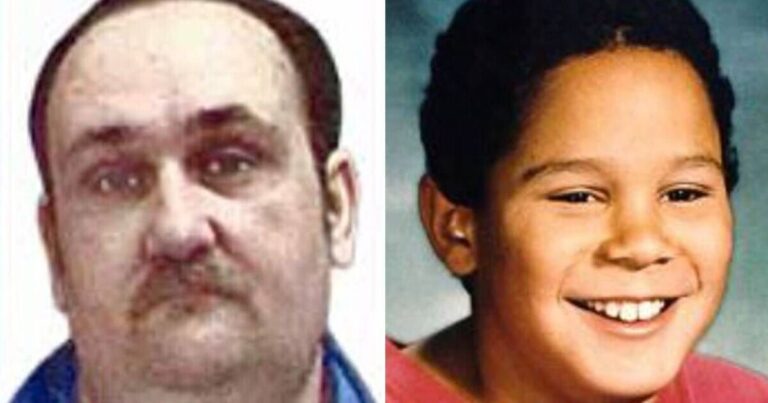
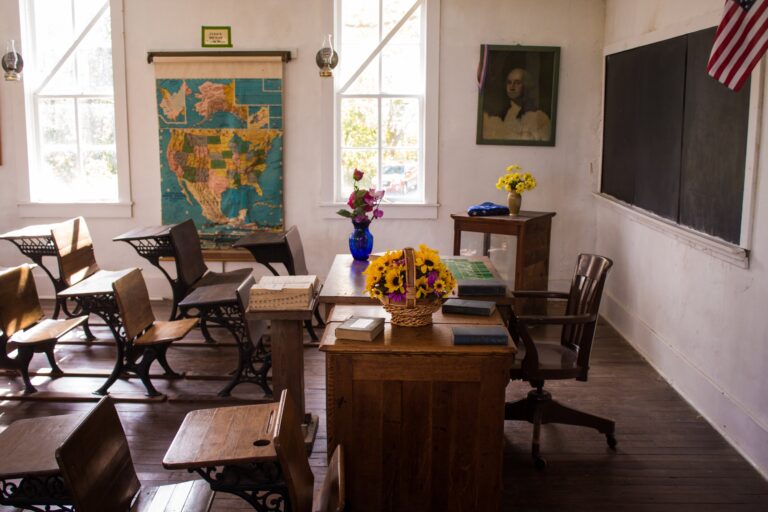
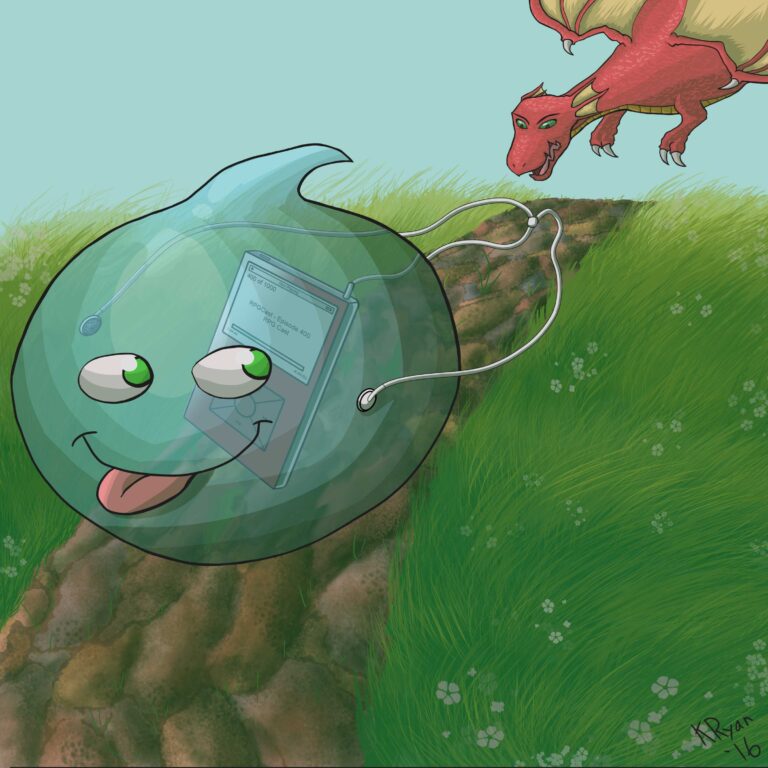
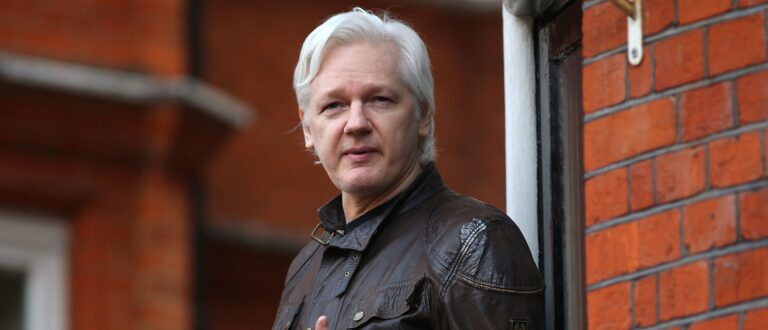
+ There are no comments
Add yours